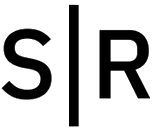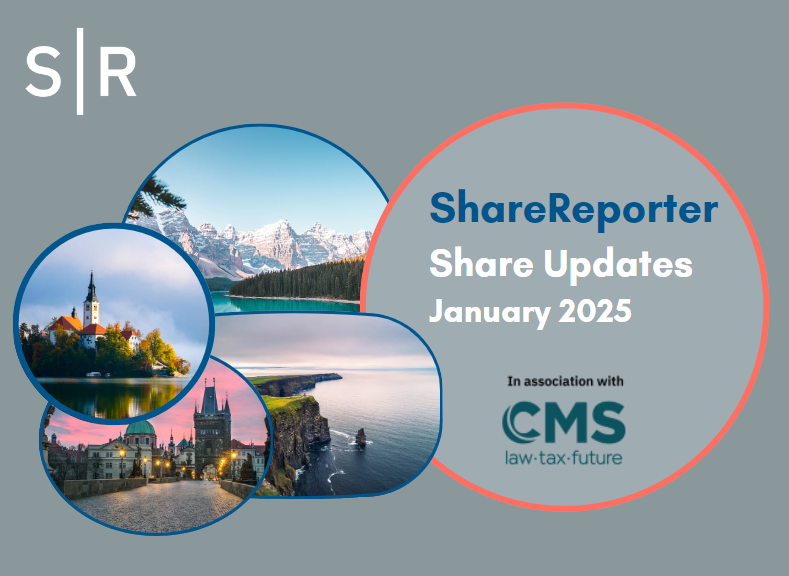Welcome to the January 2025 edition of Share | Updates!
In this issue, we highlight changes for Czech Republic, Ireland, Canada and Slovenia, along with expert insights to help you adapt and ensure compliance in the year ahead.
Czech Republic
Tax deferral from exercise to sale
In 2024, the Czech Republic introduced new tax rules deferring taxation on employee shares from the point of exercise to their sale. Social security rules were also aligned with this deferral.
However, the rules proved complex, prompting a proposed update (retroactively effective from January 2025). Under this update, the tax deferral from exercise to sale will only apply if companies actively opt into the regime.
Key takeaway
Tax deferral from exercise to sale is possible, but companies should consult local experts to confirm and navigate the evolving rules before granting share awards in the Czech Republic.
Ireland
PRSI Rate Increases
Effective 1 October 2024, both employee and employer Pay-Related Social Insurance (PRSI) rates increased by 0.1%, bringing them to 4.1% and 11.05%, respectively. This adjustment is part of a planned series of annual increases set to continue until 1 October 2028.
Reintroduction of SAYE Scheme
The Irish Save As You Earn (SAYE) scheme, a tax-efficient savings-related share option plan, has been reinstated following the approval of a new savings carrier. Computershare has entered into an agreement with AIB to act as a savings carrier for Irish-approved SAYE schemes.
This development allows employers in Ireland to once again offer SAYE schemes to their employees, providing a structured method for employees to save and acquire company shares.
Canada
Capital Gains Tax Increase Uncertain After Prorogation
In April 2024, the government had introduced a proposal to raise the tax rate on capital gains (the profits from selling investments or property). The change would increase the inclusion rate from 50% to two-thirds for individuals, corporations, and trusts with capital gains exceeding CAD 250,000. (Currently, in Canada one-half of a capital gain is taxable, a so-called 50% inclusion rate).
However, this proposal did not receive formal approval before Parliament was prorogued. As a result of prorogation, the capital gains tax changes could be delayed, or even canceled, depending on what happens when Parliament resumes.
While the proposed changes have not yet become law, the Canada Revenue Agency (CRA) plans to apply these measures in line with the federal budget proposals, as if they were already in effect starting June 2024. Affected taxpayers should prepare for potential tax filings based on the new rate, although the legislation’s status remains unclear.
Business leaders have voiced concerns that these changes could hinder innovation and risk-taking, particularly among tech companies and entrepreneurs who rely on capital gains tax incentives.
Key takeaway
The situation remains fluid, with further guidance from the CRA expected as Parliament resumes in March 2025.
Slovenia
New Tax Advantages for Slovenian Startups
Slovenia has introduced a new tax arrangement designed to support innovative startups. This measure offers benefits for employees receiving shares or stock as part of their compensation package.
Highlights:
- Deferred Tax Obligation: Tax on shares or stocks is due only at the time of sale or another taxable event, not at receipt.
- Such income is excluded from grossed-up in-kind income systems.
Eligibility Requirements
- Shares must originate from the Slovenian employer (foreign parent companies are excluded).
- The employer must be listed in Slovenia’s register of innovative startups (i.e., foreign parent companies cannot be entered in the register).
Key takeaway
The start-up tax advantages are in our opinion not relevant, since they are not actually applicable for foreign companies, such as those typically managed by ShareReporter.



